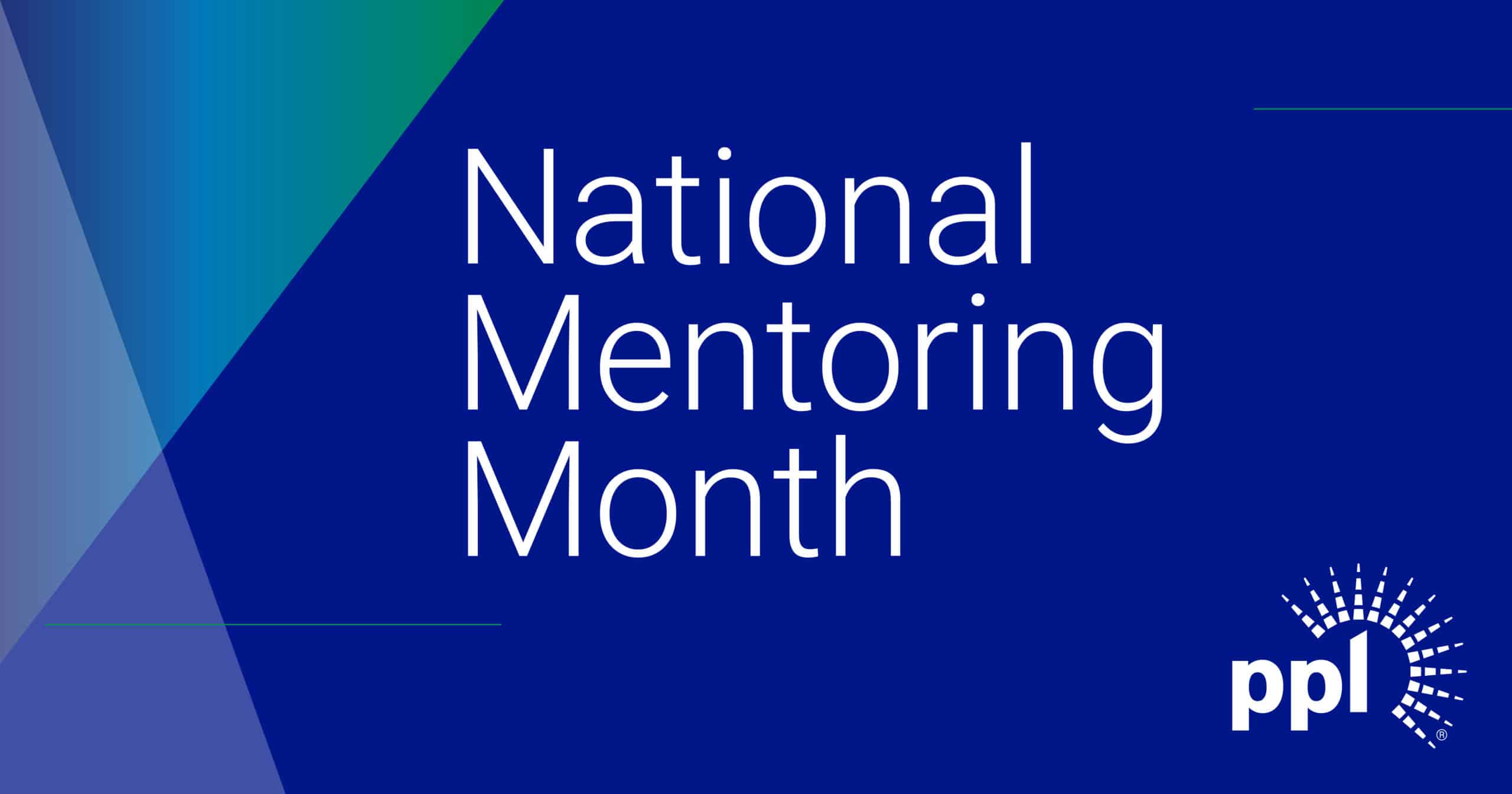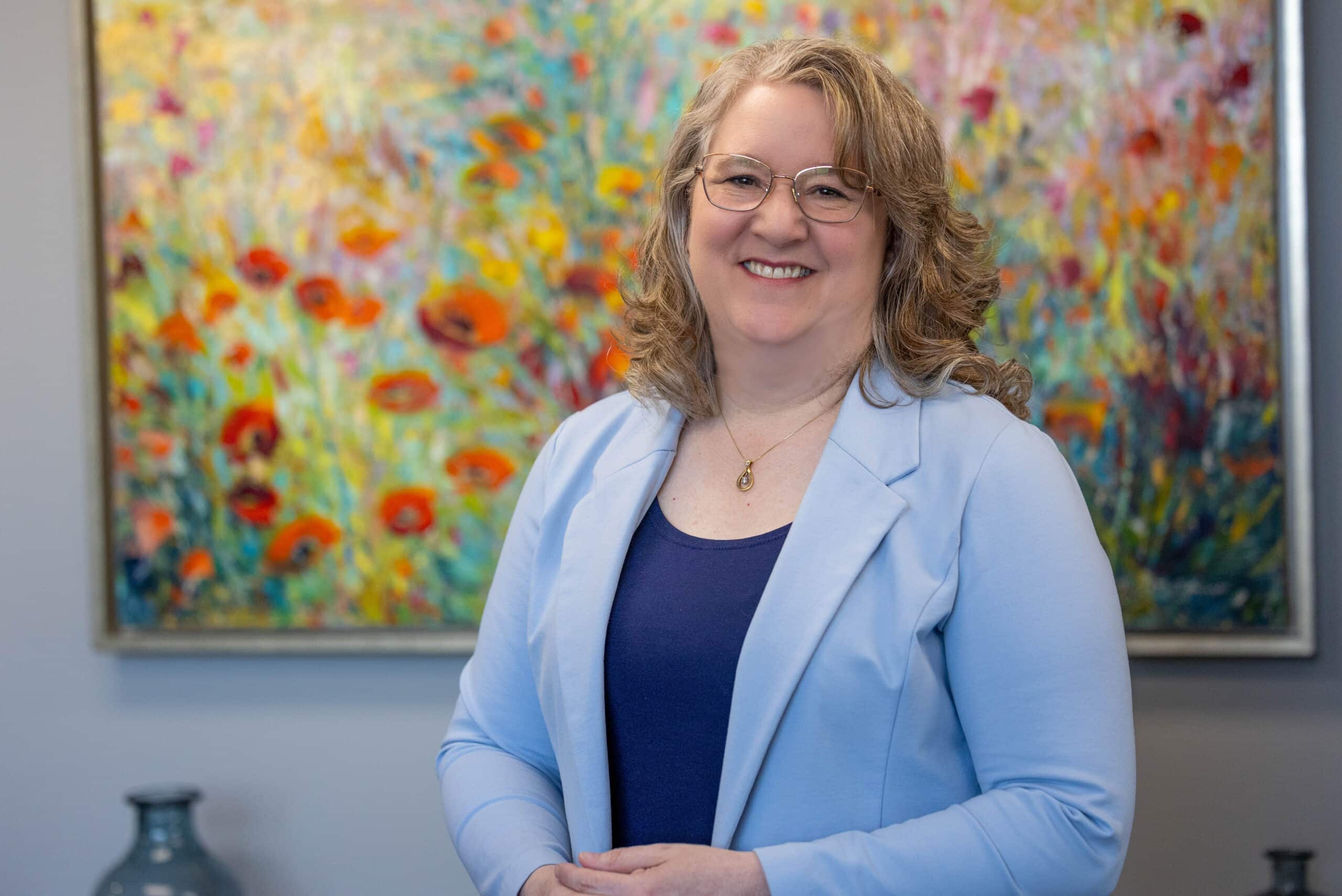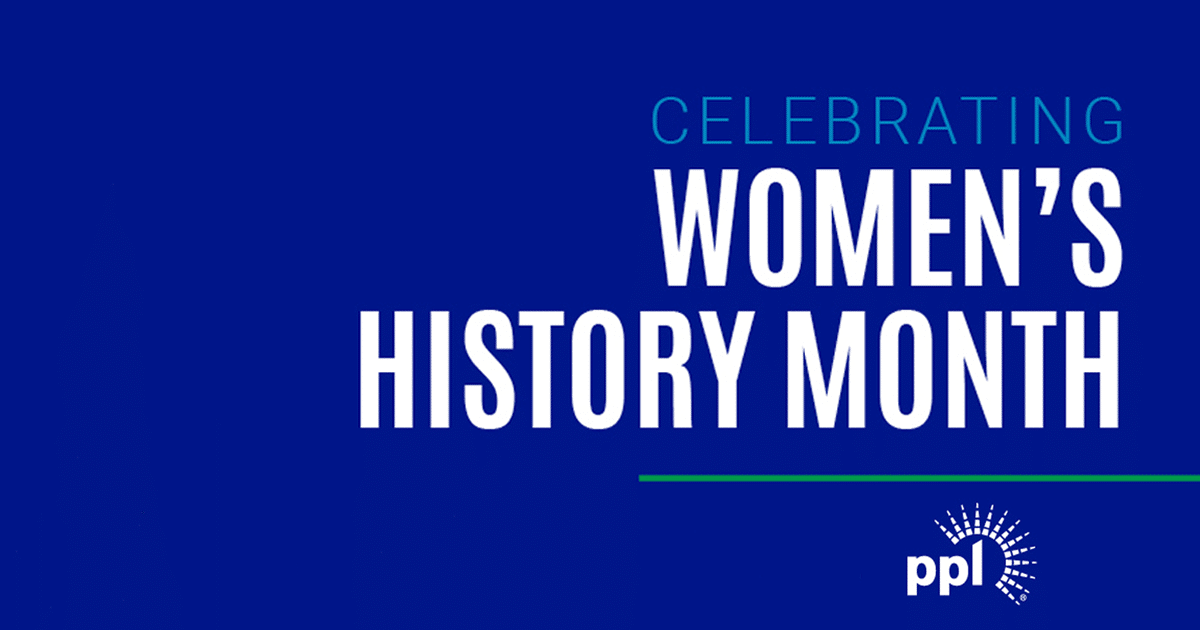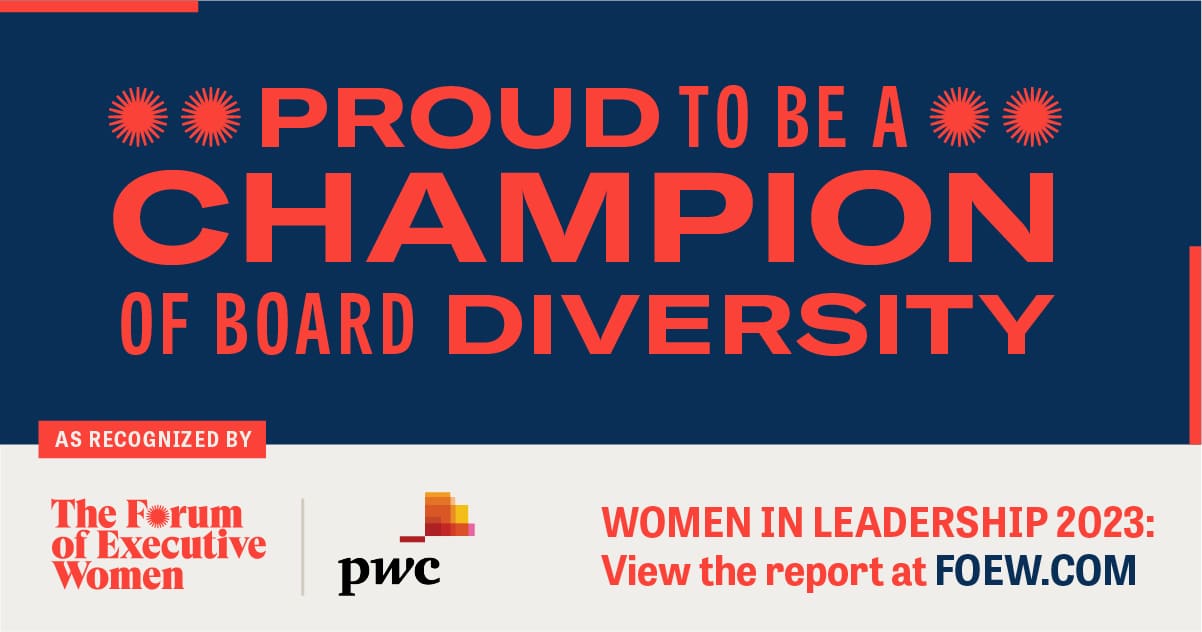Employees across our companies are passionate about giving back to our communities, and that takes shape in many ways. In honor of National Mentoring Month, we’ve asked employees to share their mentoring experiences and how their mentors may have positively influenced their career journey.
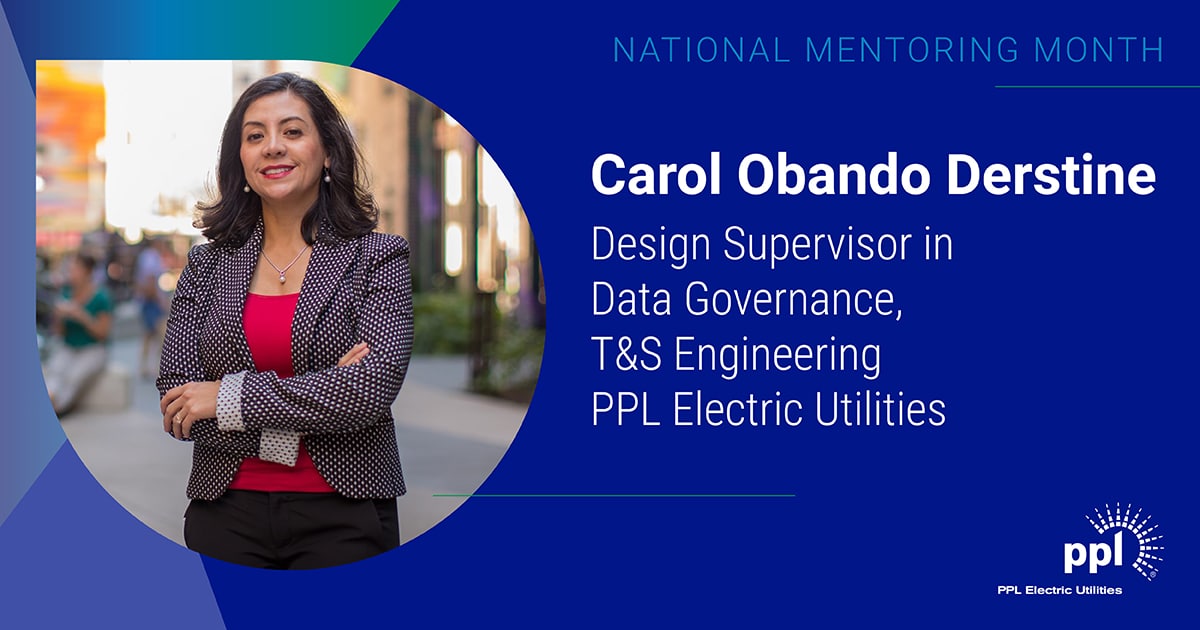
Which organization do you volunteer with?
Greater Lehigh Valley Chamber of Commerce, Girl Scouts of Eastern Pennsylvania, Wildlands Conservancy, Penn State Extension, Lehigh University and Latinas in Tech.
Why is it important for you to mentor others?
Mentoring is my way of paying things forward. Over my lifetime, there have been countless people who saw my potential and invested in me. Since I cannot pay them back, I pay it forward by doing the same with someone else.
Did you have a mentor? If so, who? What is an example of a valuable lesson that you learned from them?
I have numerous mentors inside and outside of PPL. One mentor I would like to extol is PPL Electric Utilities VP of Transmission and Substations Dave Quier. I have learned a great deal of servant leadership and authenticity by observing and interacting with him.
Are there any examples that you would like to share regarding the importance of mentorship?
(Mentoring) doesn’t necessarily have to be a monthly call at a set time with someone several levels above oneself. It can be more informal with a wise peer you admire who can provide similar benefits. I am referring to the example of a “frientor,” denoting a friend who concurrently serves as a mentor. The combination of a trusted friend who offers advice like a mentor can be quite impactful and has helped me navigate challenges within my life. Similarly, I encourage everyone to actively seek opportunities to reciprocate this support for others, thereby creating an environment for mutual growth.
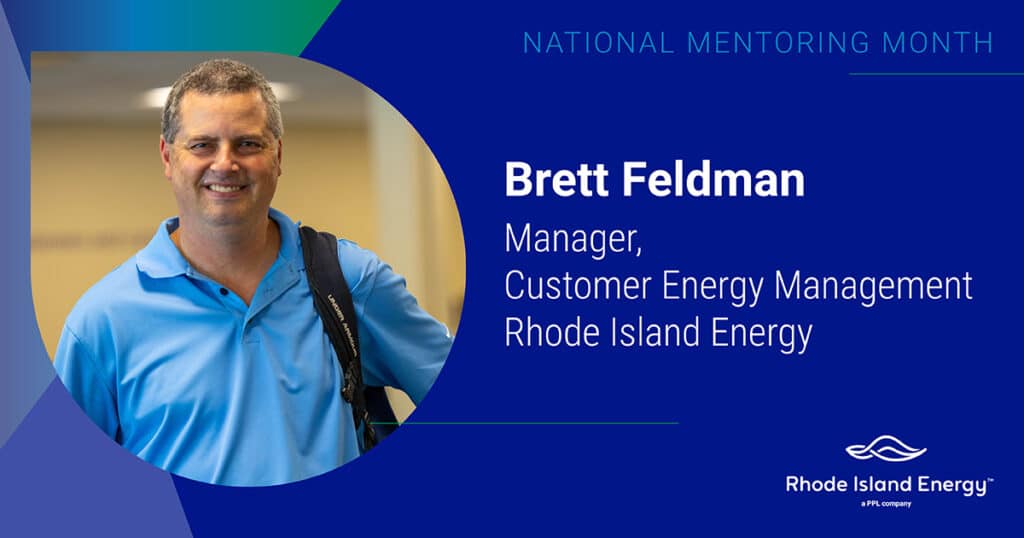
Which organization do you volunteer with?
I have coached my kids in numerous youth sports in our town, including soccer, baseball, basketball and flag football.
I have also acted as a mentor in numerous professional mentorship programs, including American Corporate Partners (for military service members looking to transition to the civilian work world), Peak Load Management Alliance and Northeast Energy and Commerce Association.
Does your mentorship involve any activities? How long have you been involved?
Over the past 10 years, I’ve coached hundreds of boys and girls. We won numerous league championships along the way.
I have been involved in American Corporate Partners for five years and have mentored five service members in the Army and Navy to help them find careers in the energy industry. I got to meet one of them in person at the Naval Base in Groton, Connecticut, and get a tour of his nuclear submarine!
Why is it important for you to mentor others?
I like to coach my kids to teach them responsibility, good sportsmanship, teamwork and work ethic (and to have fun).
When I was young in my career, I took advantage of mentorship programs as a mentee. Once I became seasoned enough to be a mentor, I wanted to give back to the young people in the industry to impart knowledge like my mentors did.
Are there any examples that you would like to share regarding the importance of mentorship?
I won the Massachusetts Youth Soccer Association’s Recreational Coach of the Year in 2021. My kids weren’t the most-talented or on the highest-skilled teams, but we still maximized their abilities and put them in the best position to succeed based on their skillsets.
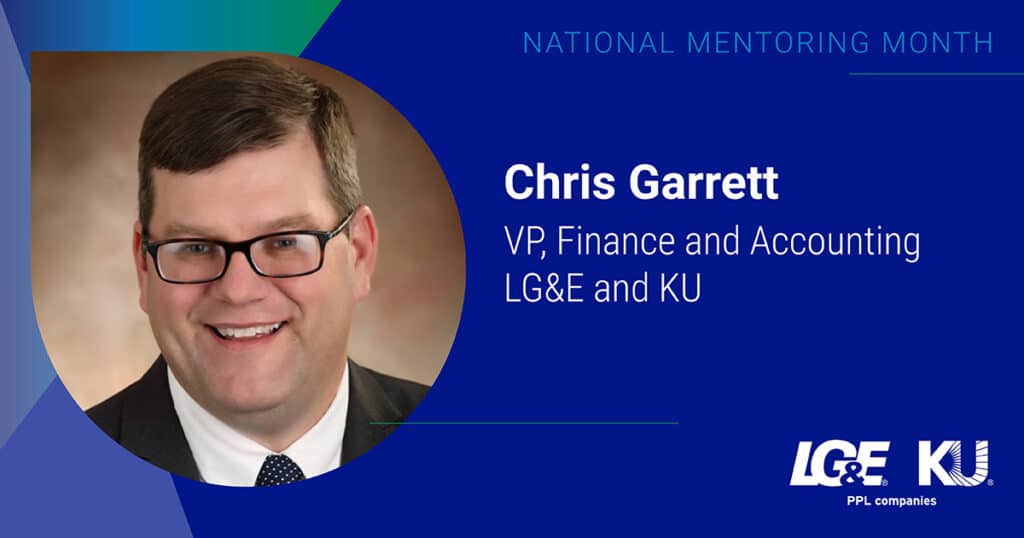
Which organization do you volunteer with?
Chair of the Louisville Free Public Library Foundation; Currently serving as a mentor as part of the PPL formal mentoring program.
Why is it important for you to mentor others?
To give others the opportunities that I was afforded to help me reach my potential. To support and foster the company’s culture of continuous growth and development.
Did you have a mentor? If so, who? What is an example of a valuable lesson that you learned from them?
Yes. Mike Kirkland was my official mentor as part of the PPL program. Mike was all about building relationships with your employees. As a young manager at the time, he asked me to place a coin in my pocket for every employee on my team to serve as a reminder to take one out and find someone on your team to meet with on a 1-1 basis.
Are there any examples that you would like to share regarding the importance of mentorship?
Not really examples but I have do have some guidance for anyone interested: Two key things about mentorship: (1) It doesn’t have to be part of a formal program. Find someone who you would like to build a relationship with but be respectful of their time. (2) Give some thought as to what you would like to get out of the relationship and make sure you and your mentor are aligned on your objectives.
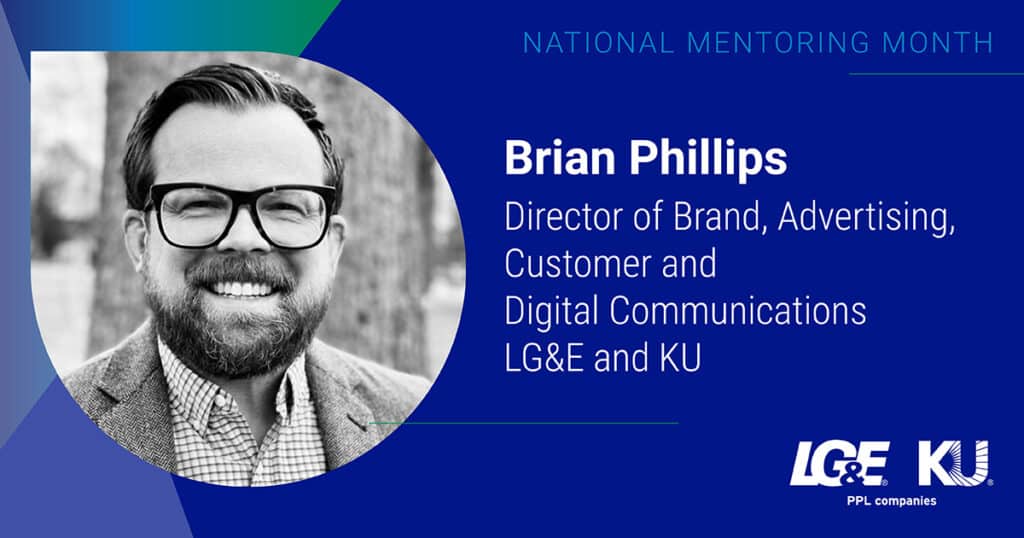
Which organization do you volunteer with? (if applicable)
I’m on the board of directors of local nonprofit organizations such as OneWest and St. Joseph Children’s Home, and through my role in those organizations, I volunteer to increase awareness of the vital work and services they provide to our community. Additionally, I’m on the board of directors of Utility Communicators International, an organization that brings together communicators from utilities across the nation to increase their professional knowledge and share best practices on a variety of issues facing our industry. Lastly, I’m a professor in Brazilian Jiu-Jitsu, and teach students of all ages effective and efficient self-defense, throughout the United States and in Brazil.
Why is it important for you to mentor others?
My parents instilled in me at a young age the importance of giving back to the community and living a life of service. I learned how to swing a hammer with my dad when I was about 8 years old, being his helper in volunteer work with Habitat for Humanity, for instance, and regularly planting flowers with my mom to help beautify the Ronald McDonald House in Louisville. Giving back was just a part of life for me growing up and I was exposed early to people from all types of backgrounds. It’s the same with teaching martials arts, in terms of serving the community. I’ve always had a special place in my heart for helping empower students who may lack confidence and physical ability by designing and teaching classes that over time transform them into being the best version of themselves. Importantly, the culture of LG&E and KU encourages community service. That service comes in so many forms, and I’ve always felt empowered by leadership to give back to the community however I can.
Did you have a mentor? If so, who? What is an example of a valuable lesson that you learned from them?
I’ve been blessed to have many incredible mentors over the years. One that stands out is Pedro Sauer, who is my professor in Brazilian Jiu-Jitsu. He arrived in the United States from Brazil in the 1980s along with the Gracie family (who brought their version of jiu-jitsu to the United States and started the Ultimate Fighting Championship) and through hard work and persistence has developed an international jiu-jitsu association of which I’m proud to be a part. He’s taught me many life lessons, both on and off the mats, but most of all it’s to be the person you wish you had in your life when you were younger. Jiu-jitsu, like life, is always challenging, but it’s made easier by having the right attitude with a humble and healthy mindset.
Are there any examples that you would like to share regarding the importance of mentorship?
I love teaching students from all backgrounds, but I definitely get the most reward out of working with students who aren’t your stereotypical athletes with a high degree of natural ability. I have one student in particular who has many physical limitations but over the years has grown so much in his confidence. I had to adapt jiu-jitsu techniques to accommodate his limitations, but through his own hard work over the years, he’s helped turned those limitations into strengths. For me, teaching goes far beyond just the practical side of self-defense; you’re positively impacting the totality of the person, their life, and the relationships they have with others. I think that’s the essence of mentorship.
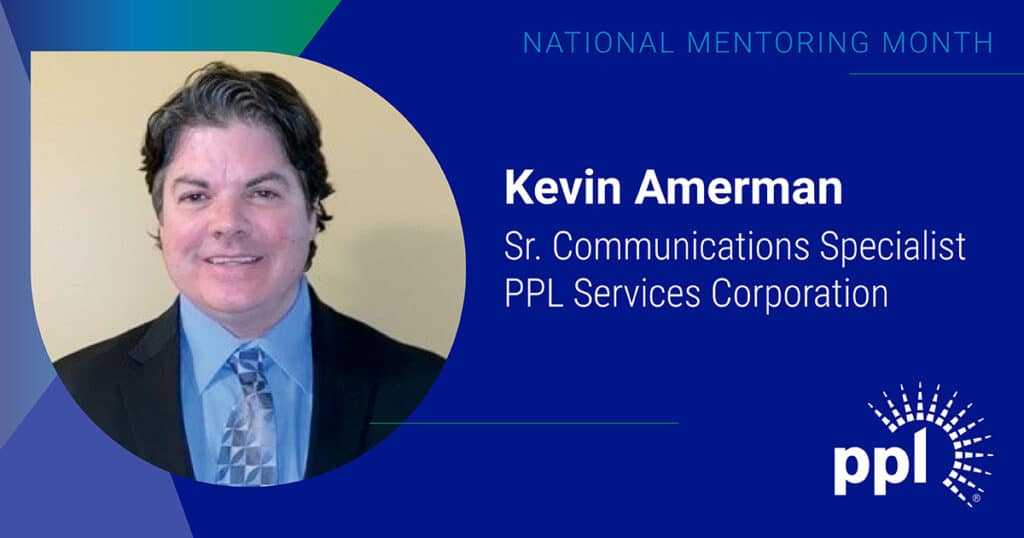
Which organization do you volunteer with?
The Wilkes-Barre Jr. Pens U16 travel ice hockey team and the Wyoming Area junior varsity and varsity ice hockey teams.
Does your mentorship involve any activities? How long have you been involved?
I’ve been coaching for the Wilkes-Barre Jr. Pens for eight seasons. I’ve also been the head coach for the Wyoming Area JV hockey team for two seasons and an assistant coach on the Wyoming Area varsity hockey team for two seasons. We have about 40 games a season for the travel team and two practices a week for about eight months. For the high school leagues, we have about 24 games combined with JV and varsity and maybe two dozen practices. So, yeah, lots of activities.
Why is it important for you to mentor others?
I used to be really focused on winning but over the years I’ve become more focused on not just developing every player to be the best player they can be, but for every player to be the best person they can be. I want them all to love the great game of hockey and honor it by being good sports – competitive and aggressive but clean and respectful to the referees and other players. I want them to develop skills that will help them their entire lives, whether it be on the ice or in a workplace or even at home with their future families. I want them to become great workers, caring moms and dads and maybe even coaches or mentors themselves and respected members of the community.
Did you have a mentor? If so, who? What is an example of a valuable lesson that you learned from them?
I’ve been blessed to have great role models like my parents, grandparents, my older brother and awesome aunts and uncles. One of the biggest mentors I’ve had in hockey was a neighbor, Dennis, who moved across the street from Canada with his lovely family – just great people, all of them. Dennis was a teenage hockey player when I started falling in love with the sport around age 9. He fueled my love of the game, showed me shooting, passing and defensive skills on our street and encouraged me to start playing ice hockey – something I’m forever grateful for. Dennis lost his life tragically as a young man when I was in high school, but his voice has never left my head. He taught me that hockey, as a skill sport, is something you must practice just about every day – with your team and on your own – to get good. And he always made our little sessions fun – something I try to do with the kids I coach.
Are there any examples that you would like to share regarding the importance of mentorship?
It’s just awesome watching kids blossom into great young men and women and I think it’s important for kids to have someone outside of their family members to serve as role models. I started teaching my son how to skate at age 2 and I’ve been coaching him his whole life and there are other kids I’ve coached since they were six and I still coach them now at age 15 and it makes me so fulfilled to see what great players and people they’ve become.
Thank you to our colleagues across our companies who serve as mentors in their communities.
